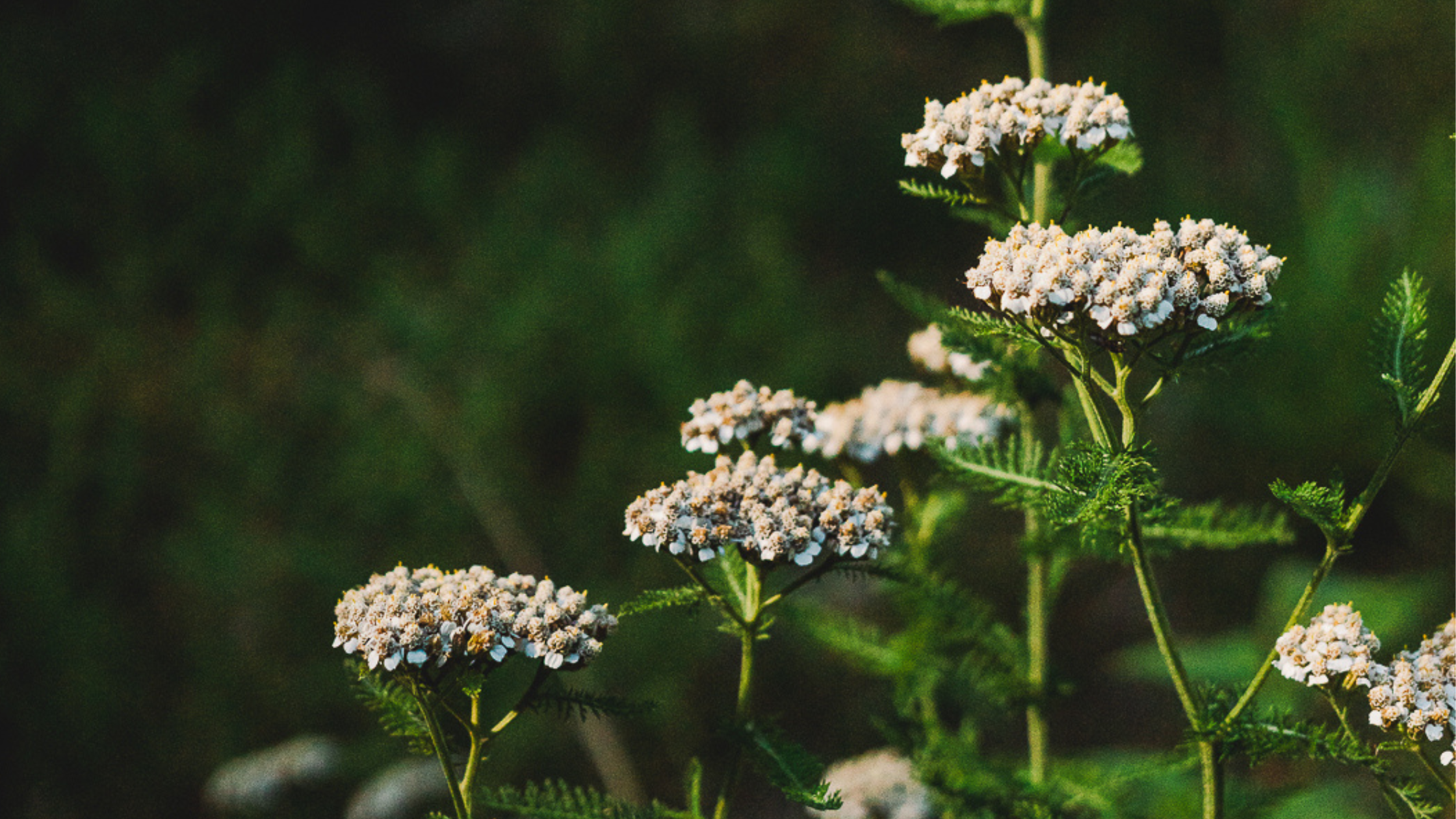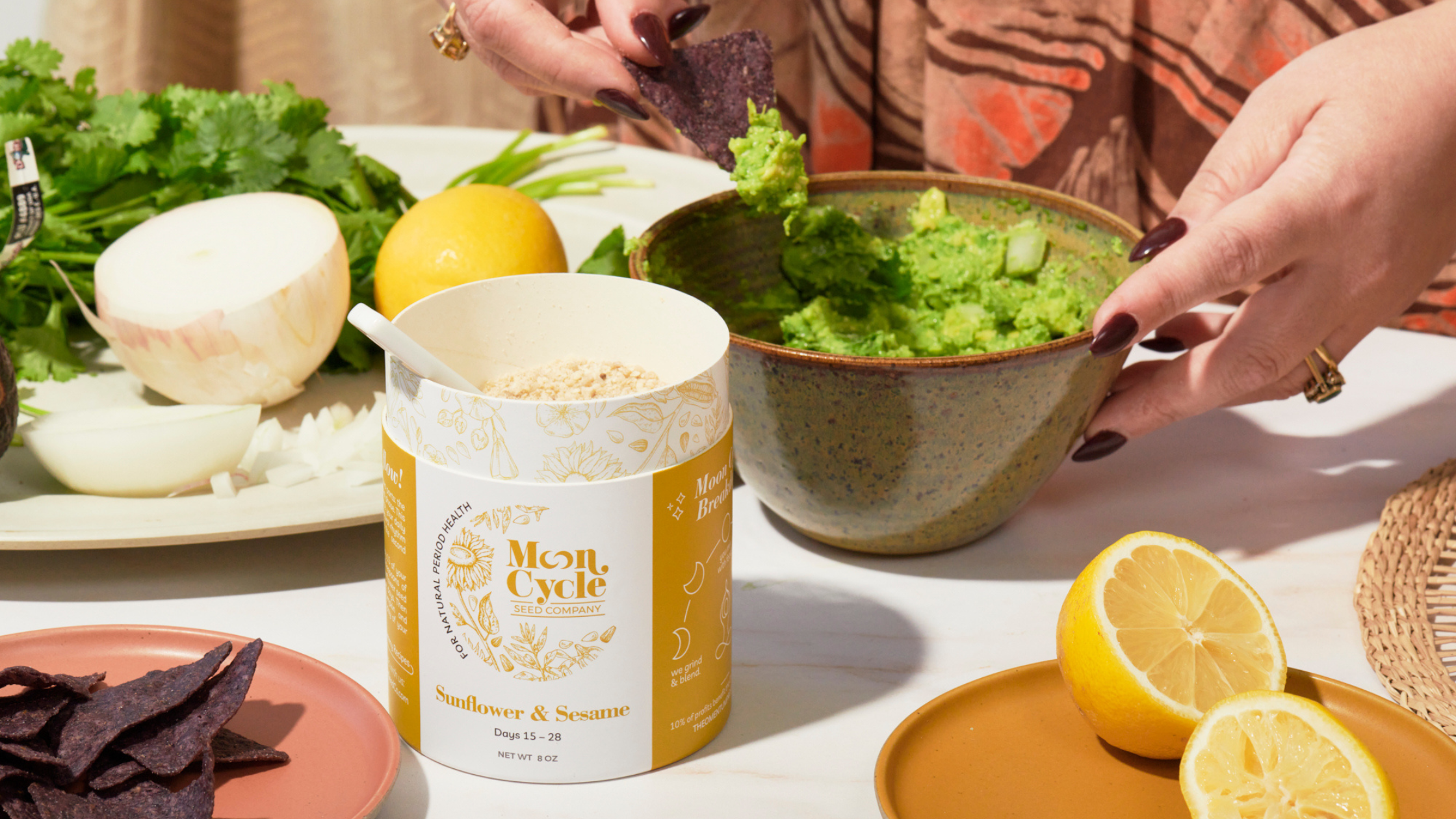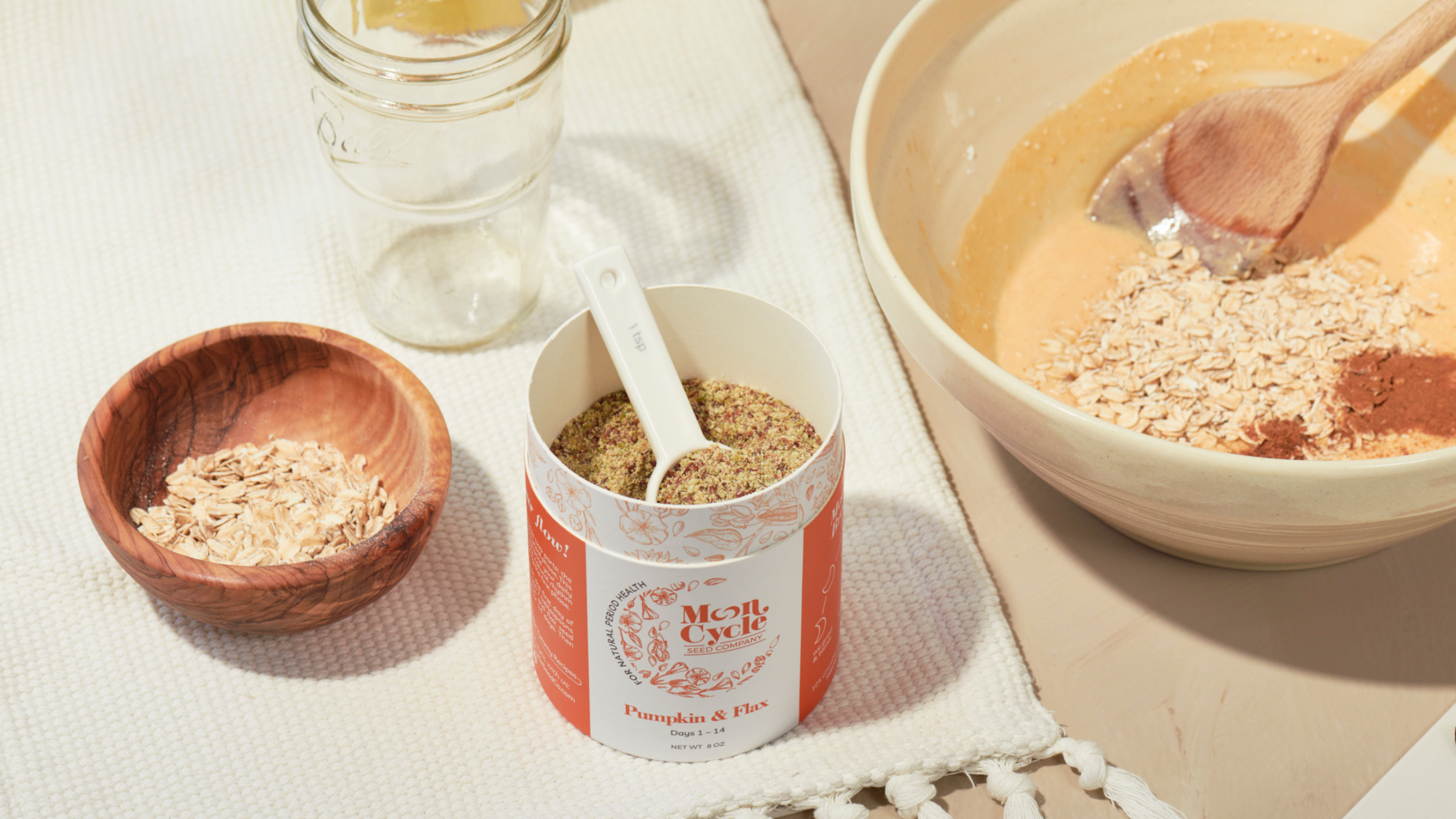
The Environmental Impact of Menstrual Products and Alternatives
The environmental impact of menstrual products is often overlooked, but it is a significant issue that should be taken into consideration when choosing which products to use. Menstrual products such as pads and tampons contribute to pollution and waste, and have a significant impact on the environment.

One of the main concerns with traditional menstrual products is that they are not biodegradable. Pads and tampons are made from synthetic materials such as rayon and plastic, and take hundreds of years to decompose in landfills. This means that every pad or tampon used during a woman's lifetime will still be in a landfill long after she is gone.
Another issue is the amount of waste generated by menstrual products. On average, a woman will use around 11,000 pads or tampons in her lifetime, creating a significant amount of waste. Furthermore, the packaging and plastic applicators of these products also contribute to waste and pollution.
One alternative to traditional menstrual products is the menstrual cup. Menstrual cups are made from medical-grade silicone and can be reused for up to 10 years. This means that instead of throwing away pads or tampons every month, a woman can use one menstrual cup for an extended period of time, greatly reducing the amount of waste she generates.
Another alternative is reusable pads. They are made of cloth and can be washed and reused multiple times, reducing the amount of waste generated compared to disposable pads.
In addition to reducing waste, these alternatives also have health benefits. Menstrual cups have been found to be safe and effective, and they do not contain the chemicals and fragrances found in traditional pads and tampons. Reusable pads are also a healthier alternative as they don't contain any of the chemicals that are in disposable pads.






